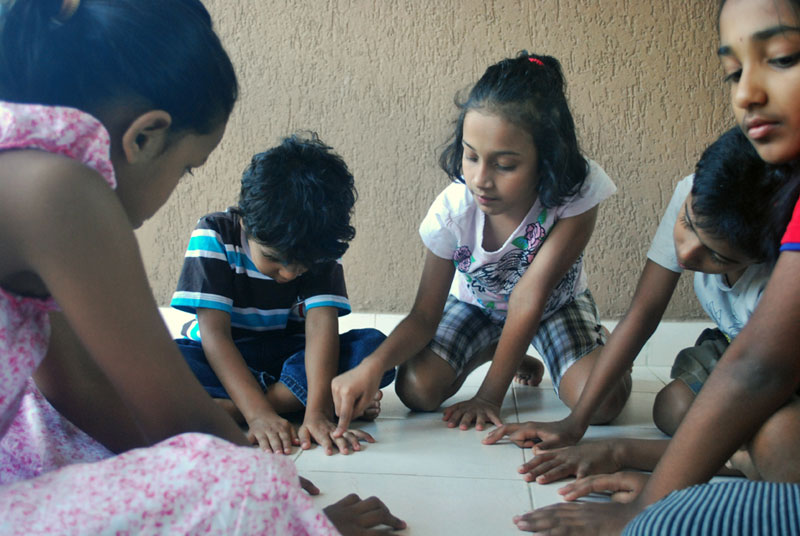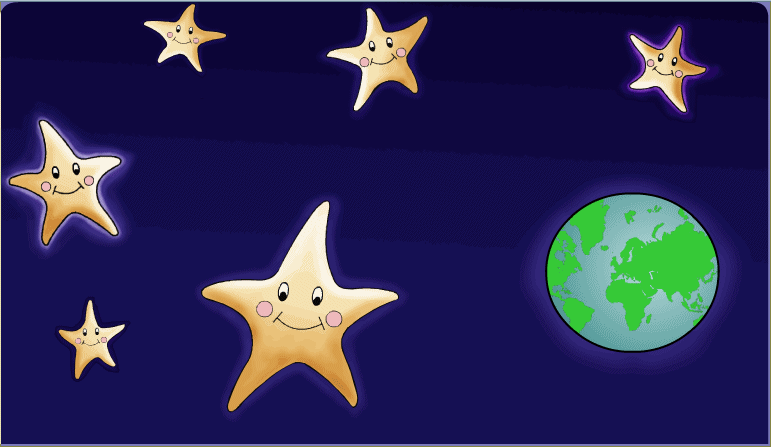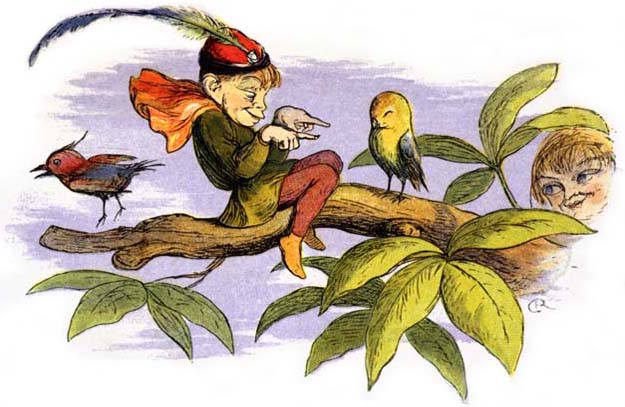|
Tinker, Tailor, Soldier, Sailor
"Tinker, Tailor" is a counting game, nursery rhyme and fortune telling song traditionally played in England, that can be used to count cherry stones, buttons, daisy petals and other items. It has a Roud Folk Song Index number of 802. It is commonly used by children in both Britain and America for "counting out", e.g. for choosing who shall be "It" in a game of tag. Lyrics The most common modern version is: : Tinker, Tailor, : Soldier, Sailor, :Rich Man, Poor Man, : Beggar Man, Thief.I. Opie and P. Opie, ''The Oxford Dictionary of Nursery Rhymes'' (Oxford: Oxford University Press, 1951, 2nd edn., 1997), pp. 404–5. The most common American version is: :Rich Man, Poor Man, :Beggar Man, Thief, :Doctor, Lawyer, (or "Merchant") :Indian Chief. Origins A similar rhyme has been noted in William Caxton's ''The Game and Playe of the Chesse ''The Game and Playe of Chesse'' is a book by William Caxton, the first English printer. Published in the 1470s, it is the second book pu ... [...More Info...] [...Related Items...] OR: [Wikipedia] [Google] [Baidu] |
Nursery Rhyme
A nursery rhyme is a traditional poem or song for children in Britain and many other countries, but usage of the term dates only from the late 18th/early 19th century. The term Mother Goose rhymes is interchangeable with nursery rhymes. From the mid-16th century nursery rhymes begin to be recorded in English plays, and most popular rhymes date from the 17th and 18th centuries. The first English collections, ''Tommy Thumb's Song Book'' and a sequel, ''Tommy Thumb's Pretty Song Book'', were published by Mary Cooper (publisher), Mary Cooper in 1744. Publisher John Newbery's stepson, Thomas Carnan, was the first to use the term Mother Goose for nursery rhymes when he published a compilation of English rhymes, ''Mother Goose's Melody, or, Sonnets for the Cradle'' (London, 1780). History Lullabies The oldest children's songs of which we have records are Lullaby, lullabies, intended to help a child fall asleep. Lullabies can be found in every human culture. The English term lullaby i ... [...More Info...] [...Related Items...] OR: [Wikipedia] [Google] [Baidu] |
Noël Coward
Sir Noël Peirce Coward (16 December 189926 March 1973) was an English playwright, composer, director, actor, and singer, known for his wit, flamboyance, and what ''Time'' magazine called "a sense of personal style, a combination of cheek and chic, pose and poise"."Noel Coward at 70" ''Time'', 26 December 1969, p. 46 Coward attended a dance academy in London as a child, making his professional stage début at the age of eleven. As a teenager he was introduced into the high society in which most of his plays would be set. Coward achieved enduring success as a playwright, publishing more than 50 plays from his teens onwards. Many of his works, such as '' |
Skipping Rhymes (born 1953), former Chief Minister of the Turks and Caicos Islands
{{disambig ...
Skipping may refer to: * The hippity-hoppity gait that comes naturally to children * A game or form of exercise using a skipping rope * Exon skipping, in molecular biology * Stone skipping, throwing a stone so that it bounces off the surface of water * String skipping, a guitar-playing technique * Snowmobile skipping, a sport where drivers hydroplane snowmobiles on lakes or rivers * British slang for dumpster diving * an episode of the television series ''Teletubbies'' * a song by the band Associates from their 1982 album '' Sulk'' * Truancy See also * * Skip (other) * Oswald Skippings Oswald O'Neil Skippings (born 19 February 1953) is a Turks and Caicos Islander politician who served as the 2nd Chief Minister of the Turks and Caicos Islands from 19 June 1980 to 4 November 1980 and again from 3 March 1988 to 3 April 1991. Skip ... [...More Info...] [...Related Items...] OR: [Wikipedia] [Google] [Baidu] |
English Nursery Rhymes
English usually refers to: * English language * English people English may also refer to: Peoples, culture, and language * ''English'', an adjective for something of, from, or related to England ** English national identity, an identity and common culture ** English language in England, a variant of the English language spoken in England * English languages (other) * English studies, the study of English language and literature * ''English'', an Amish term for non-Amish, regardless of ethnicity Individuals * English (surname), a list of notable people with the surname ''English'' * People with the given name ** English McConnell (1882–1928), Irish footballer ** English Fisher (1928–2011), American boxing coach ** English Gardner (b. 1992), American track and field sprinter Places United States * English, Indiana, a town * English, Kentucky, an unincorporated community * English, Brazoria County, Texas, an unincorporated community * Engli ... [...More Info...] [...Related Items...] OR: [Wikipedia] [Google] [Baidu] |
Works Of Unknown Authorship
Works may refer to: People * Caddy Works (1896–1982), American college sports coach * Samuel Works (c. 1781–1868), New York politician Albums * '' ''Works'' (Pink Floyd album)'', a Pink Floyd album from 1983 * ''Works'', a Gary Burton album from 1972 * ''Works'', a Status Quo album from 1983 * ''Works'', a John Abercrombie album from 1991 * ''Works'', a Pat Metheny album from 1994 * ''Works'', an Alan Parson Project album from 2002 * ''Works Volume 1'', a 1977 Emerson, Lake & Palmer album * ''Works Volume 2'', a 1977 Emerson, Lake & Palmer album * '' The Works'', a 1984 Queen album Other uses * Microsoft Works, a collection of office productivity programs created by Microsoft * IBM Works, an office suite for the IBM OS/2 operating system * Mount Works, Victoria Land, Antarctica See also * The Works (other) * Work (other) Work may refer to: * Work (human activity), intentional activity people perform to support themselves, others, or the community ** ... [...More Info...] [...Related Items...] OR: [Wikipedia] [Google] [Baidu] |
Counting-out Rhymes
A counting-out game or counting-out rhyme is a simple method of 'randomly' selecting a person from a group, often used by children for the purpose of playing another game. It usually requires no materials, and is achieved with spoken words or hand gestures. The historian Henry Carrington Bolton suggested in his 1888 book ''Counting Out Rhymes of Children'' that the custom of counting out originated in the "superstitious practices of divination by lots." Many such methods involve one person pointing at each participant in a circle of players while reciting a rhyme. A new person is pointed at as each word is said. The player who is selected at the conclusion of the rhyme is "it" or "out". In an alternate version, the circle of players may each put two feet in and at the conclusion of the rhyme, that player removes one foot and the rhyme starts over with the next person. In this case, the first player that has both feet removed is "it" or "out". In theory a counting rhyme is determi ... [...More Info...] [...Related Items...] OR: [Wikipedia] [Google] [Baidu] |
Children's Songs
A children's song may be a nursery rhyme set to music, a song that children invent and share among themselves or a modern creation intended for entertainment, use in the home or education. Although children's songs have been recorded and studied in some cultures more than others, they appear to be universal in human society. Categories Iona and Peter Opie, pioneers of the academic study of children's culture, divided children's songs into two classes: those taught to children by adults, which when part of a traditional culture they saw as nursery rhymes, and those that children taught to each other, which formed part of the independent culture of childhood. A further use of the term ''children's song'' is for songs written for the entertainment or education of children, usually in the modern era. In practice none of these categories is entirely discrete, since, for example, children often reuse and adapt nursery rhymes, and many songs now considered as traditional were deliberate ... [...More Info...] [...Related Items...] OR: [Wikipedia] [Google] [Baidu] |
Children's Games
This is a list of games that used to be played by children, some of which are still being played today. Traditional children's games do not include commercial products such as board games but do include games which require props such as hopscotch or marbles (toys go in List of toys unless the toys are used in multiple games or the single game played is named after the toy; thus "jump rope" is a game, while "Jacob's ladder" is a toy). Despite being transmitted primarily through word of mouth due to not being considered suitable for academic study or adult attention, traditional games have, "not only failed to disappear but have also evolved over time into new versions." Traditional children's games are defined, "as those that are played informally with minimal equipment, that children learn by example from other children, and that can be played without reference to written rules. These games are usually played by children between the ages of 7 and 12, with some latitude on both end ... [...More Info...] [...Related Items...] OR: [Wikipedia] [Google] [Baidu] |
English Folklore
English folklore consists of the myths and legends of England, including the English region's mythical creatures, traditional recipes, urban legends, proverbs, superstitions, and folktales. Its cultural history is rooted in Celtic, Christian, and Germanic folklore. During the Renaissance in the 16th century, England looked to more European texts to develop a national identity. English folklore has continued to differ according to region, although there are shared elements across the country. Its folktales include the traditional Robin Hood tales and the Brythonic-inspired Arthurian legend, and their stories often contained a moral imperative stemming from Christian values. The folktales, characters and creatures are often derived from aspects of English experience, such as topography, architecture, real people, or real events. History Before England was founded in the year 927, Wessex and its surrounding areas' cultures were transformed by the invasion of the Danish Kin ... [...More Info...] [...Related Items...] OR: [Wikipedia] [Google] [Baidu] |
Alice Gomme
Alice Bertha Gomme, Lady Gomme (born Merck; 4 January 1853, London – 5 January 1938, London), was a leading British folklorist, and a pioneer in the study of children's games. Life Gomme was the daughter of Charles Merck, a master tailor, and Elizabeth, his wife. On March 31, 1875, she married George Laurence Gomme (1853-1916), who was himself an important figure in folklore studies.Gomme (2004). The couple had seven sons, born between 1876 and 1891. One of these, Arthur Alan Gomme, would, like his father, become president of the Folklore Society. Another, Arnold Wycombe Gomme, was a noted classical scholar. When the Folklore Society was founded in 1878, Gomme and her husband were among the founder members; and she would be a leading figure in its activities for the rest of her life. Her major work is ''The Traditional Games of England, Scotland and Ireland'' (two vols., 1894 and 1898), containing descriptions of some 800 children's games, collected with the help of seven ... [...More Info...] [...Related Items...] OR: [Wikipedia] [Google] [Baidu] |
Little Games
''Little Games'' is the fourth American album by English rock band the Yardbirds. Recorded and released in 1967, it was their first album recorded after becoming a quartet with Jimmy Page as the sole guitarist and Chris Dreja switching to bass. It was also the only Yardbirds album produced by Mickie Most. Although the new lineup was becoming more experimental with longer, improvised concert performances, the Yardbirds' record company brought in successful singles producer Most to coax out more commercial product. However, neither material that properly presented their new approach nor hit singles were forthcoming. The release of the title track "Little Games" that preceded the album did not reach the singles chart in the UK and consequently the album was not released there. However, the album saw limited release in the US, Germany, and New Zealand, but only reached number 80 in the US. ''Little Games'' became the Yardbirds' final studio album, although Most continued to prod ... [...More Info...] [...Related Items...] OR: [Wikipedia] [Google] [Baidu] |




